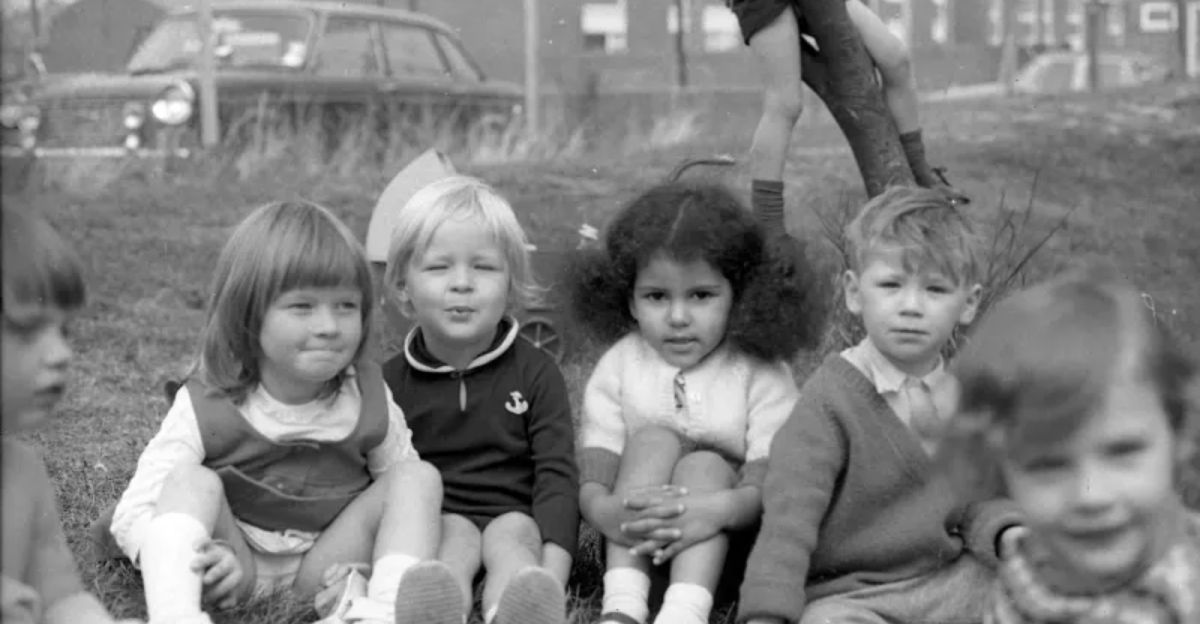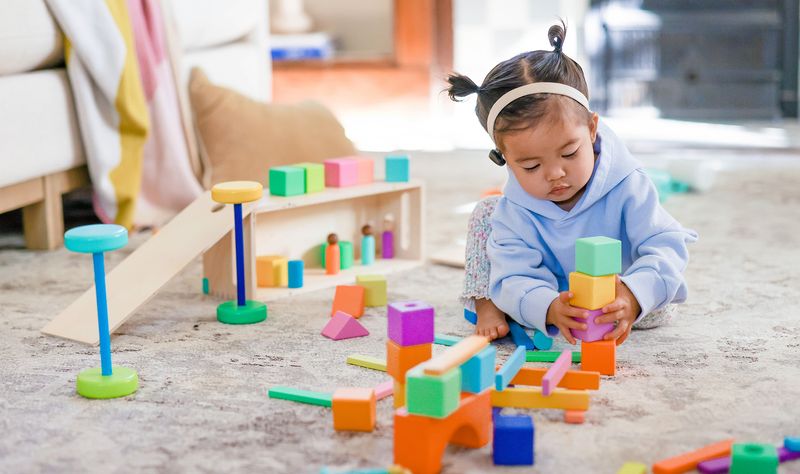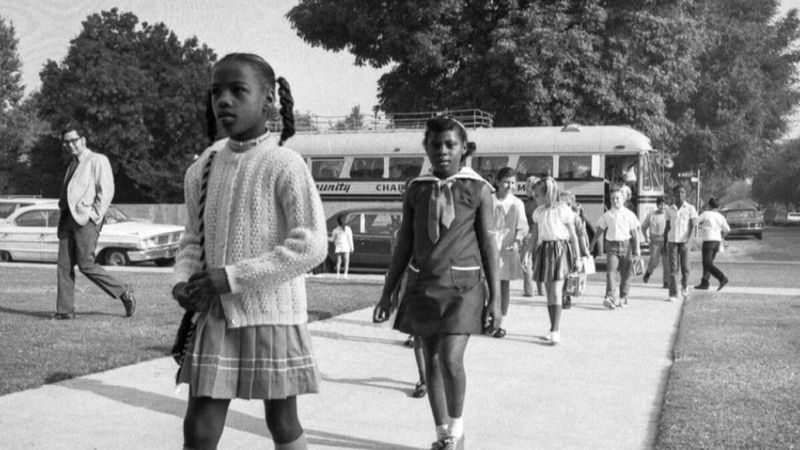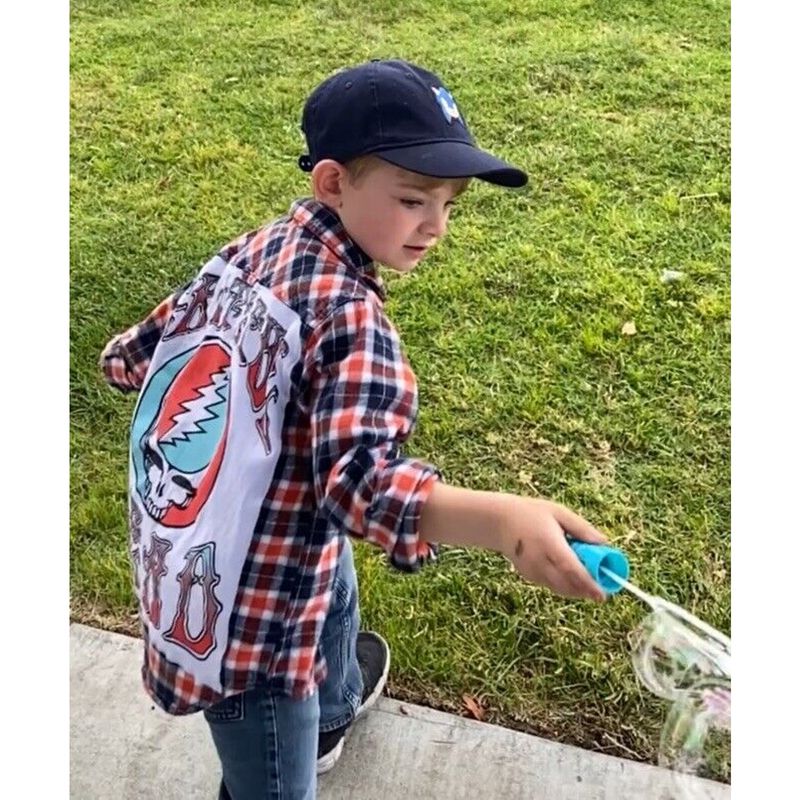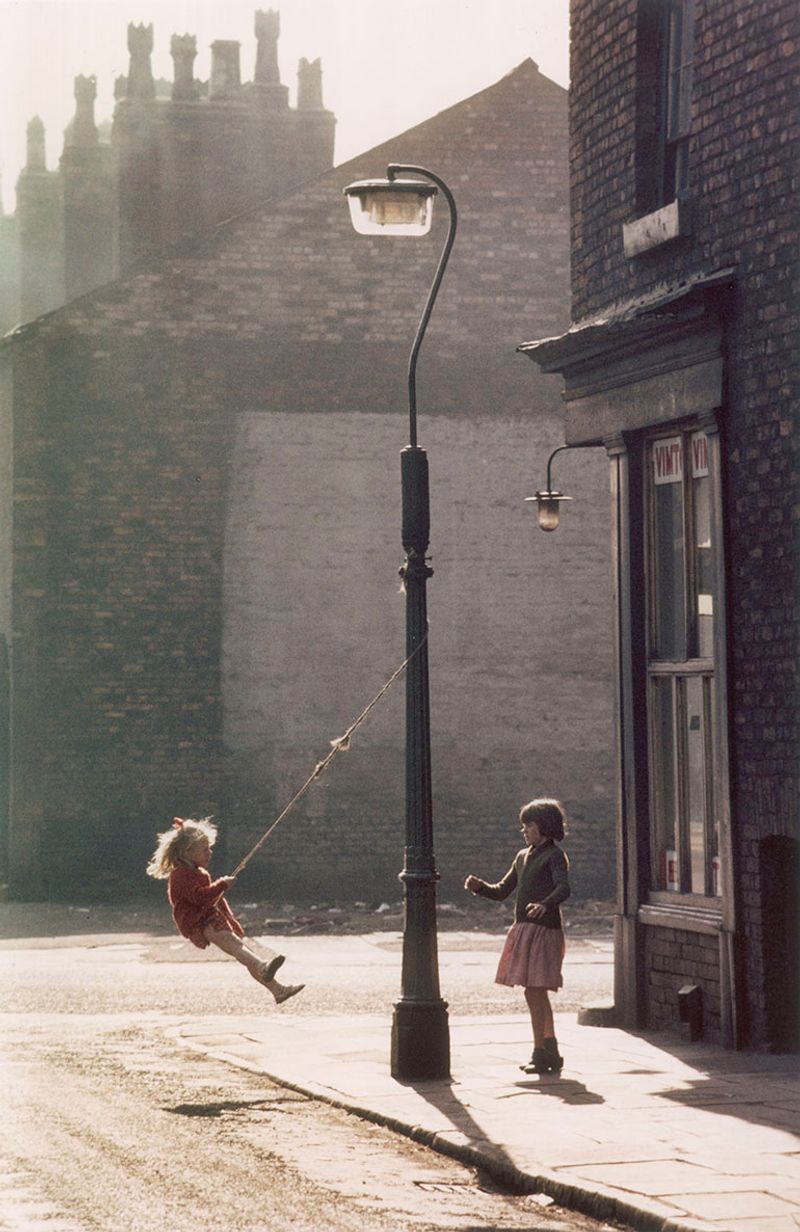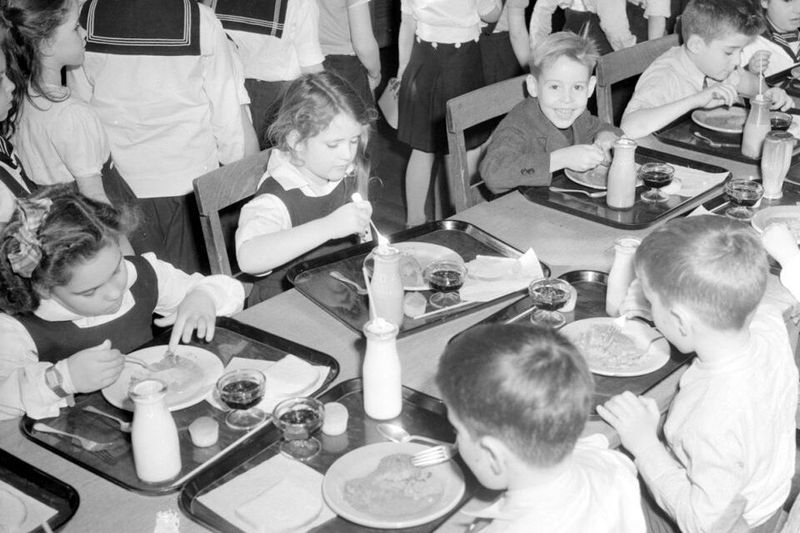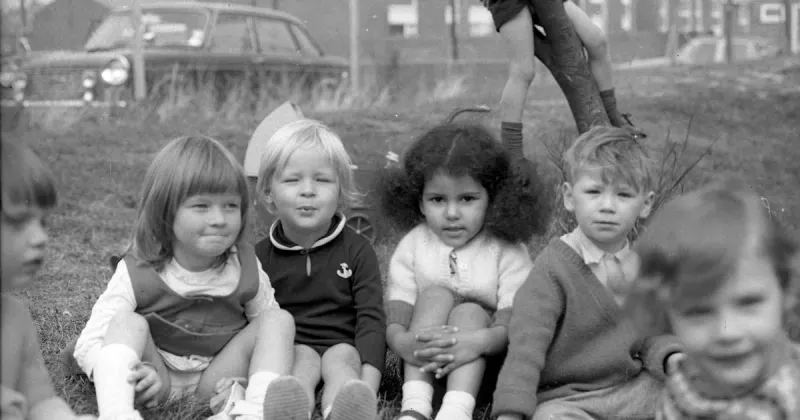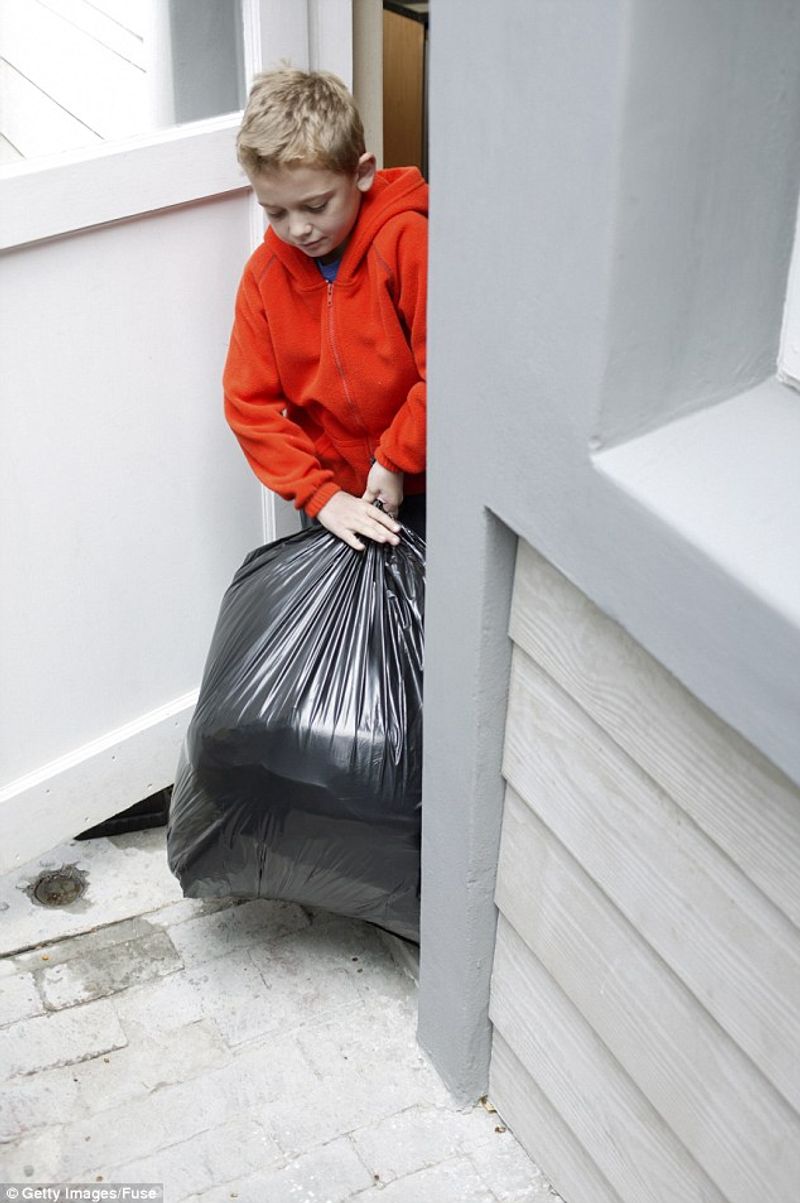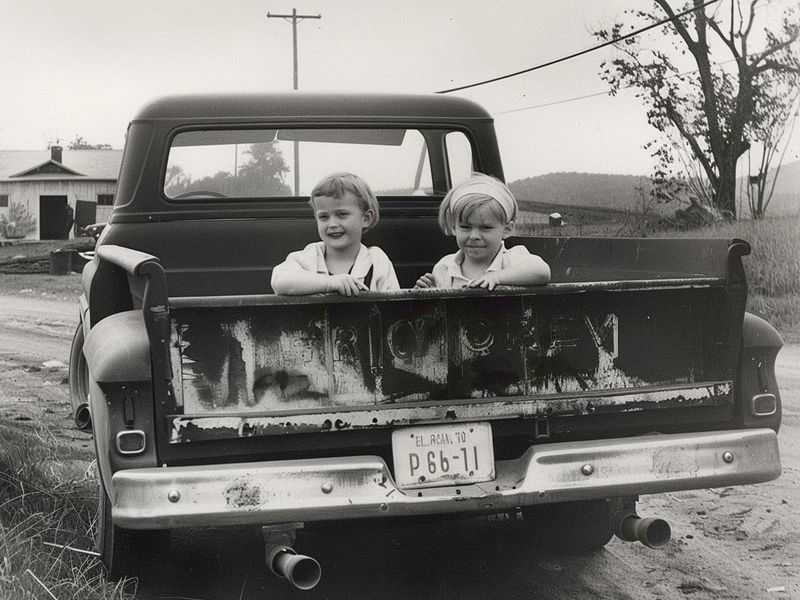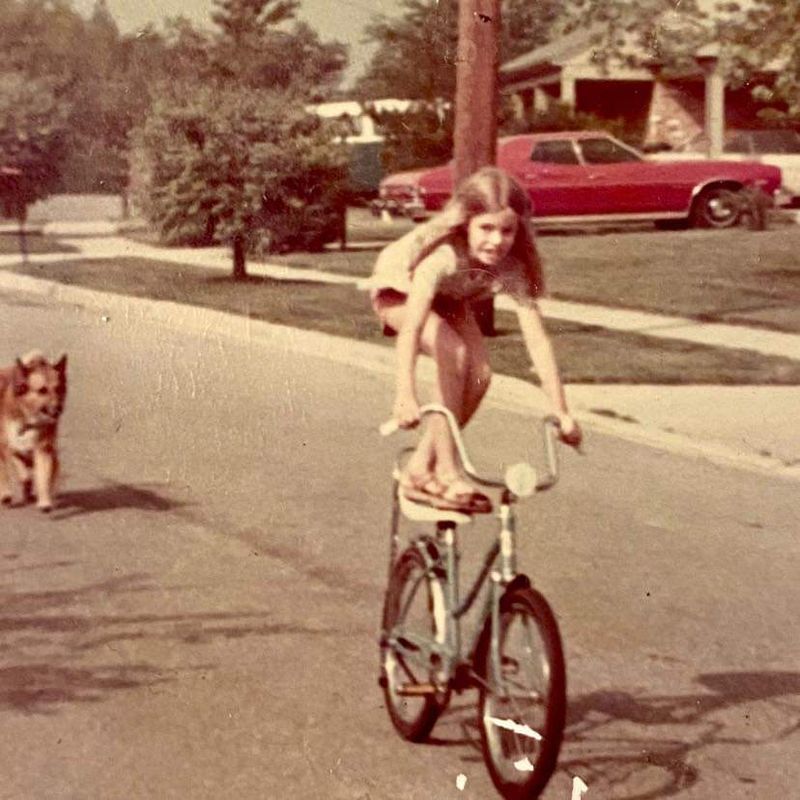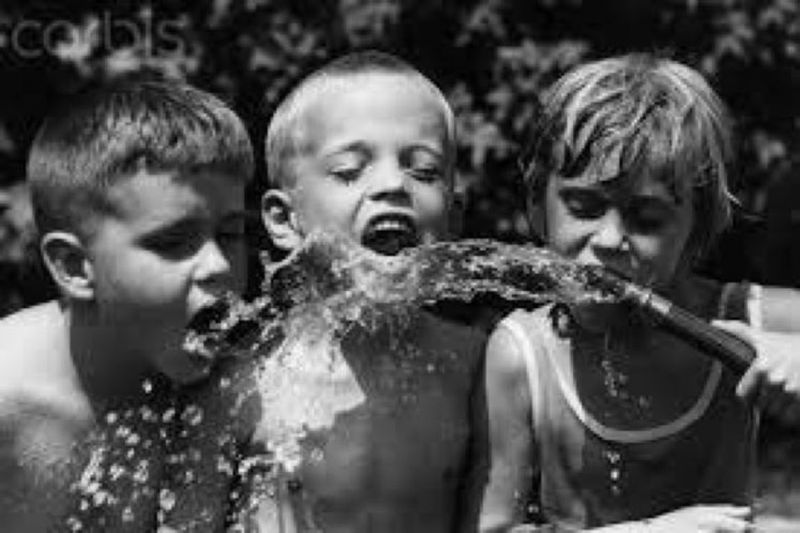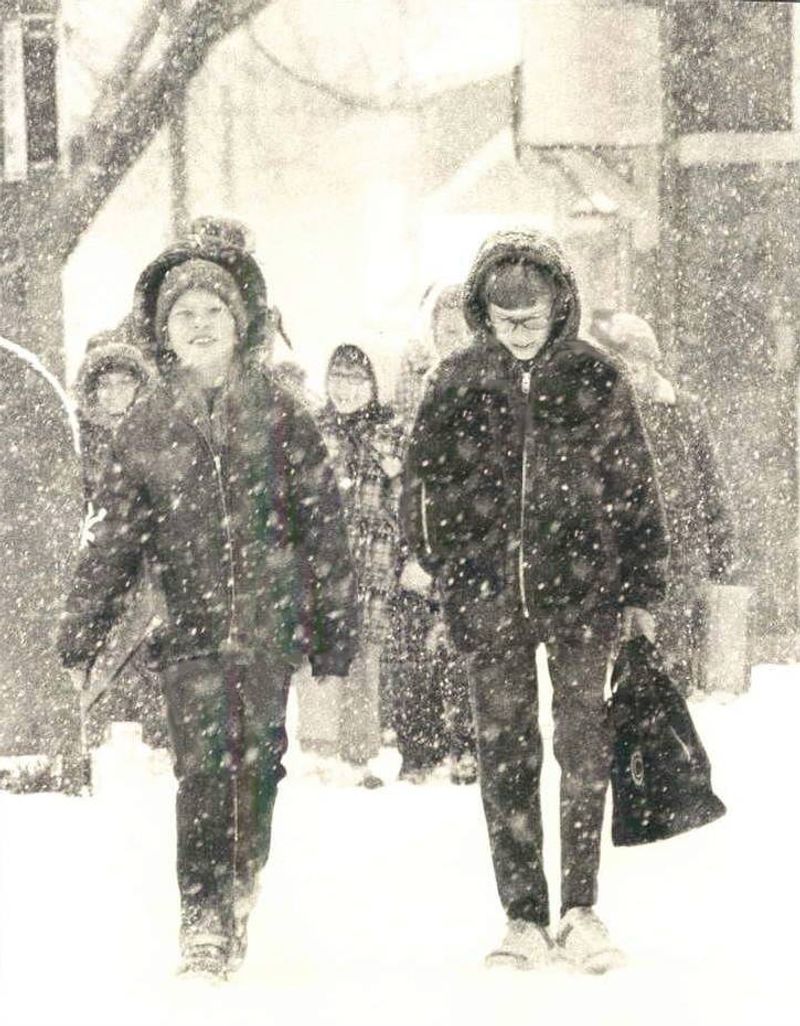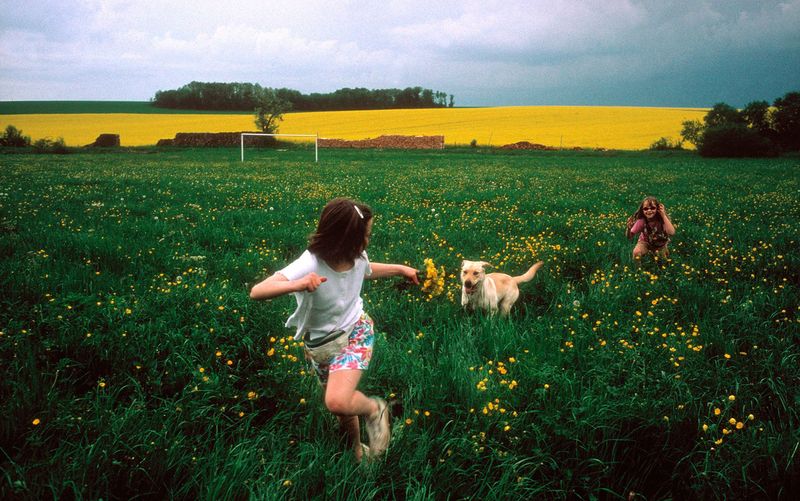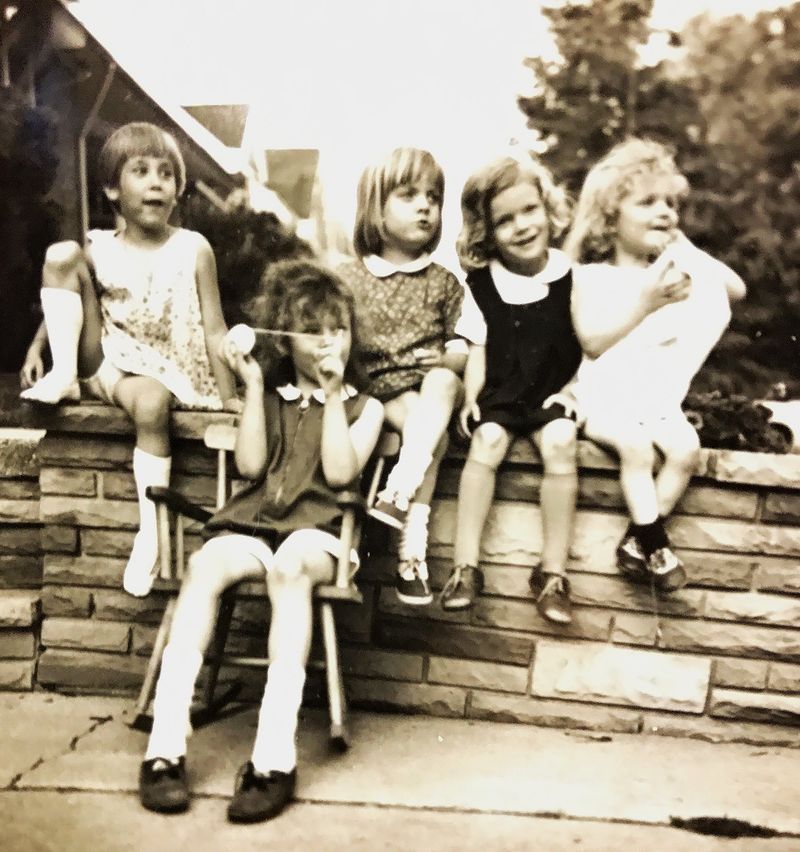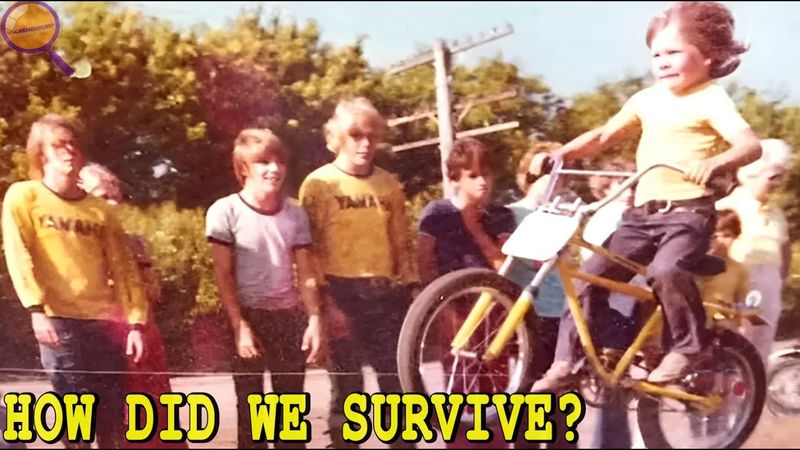Growing up in the ’60s and ’70s was a time of tough lessons and resilience. Without the conveniences and overprotectiveness of modern times, children of that era learned to navigate the world with independence and grit. These lessons, though often harsh, instilled a sense of responsibility and strength that resonates with those who lived through them. Here’s a look at 19 unforgettable lessons from that time.
1. Figure It Out Yourself
Memories of childhood often involve figuring things out on your own. Parents back then weren’t always there to solve problems for you. If you stumbled upon an obstacle, whether it was a broken toy or a complicated math problem, you had to tap into your creativity and solve it yourself.
The process of trial and error was a constant companion, teaching resourcefulness and self-sufficiency. These experiences didn’t just create stronger problem-solvers; they fostered resilience and independence that modern conveniences sometimes overshadow.
2. Walking to School—Alone
For many kids in the ’60s and ’70s, a brisk walk to school, rain or shine was a daily routine. Unaccompanied by parents, children learned to navigate their surroundings, developing a keen sense of direction and awareness.
These solitary walks weren’t just about getting to school; they were lessons in self-reliance and courage. The experience of facing the elements and arriving at school filled with a sense of accomplishment and maturity was invaluable.
3. Getting Lost and Finding Your Way Home
In an era without GPS or cell phones, getting lost was a real possibility. Children often found themselves in unfamiliar streets, relying on memory or the kindness of strangers to find their way home.
This taught them not only to be cautious but also to trust their instincts and the people around them. These adventures, albeit stressful, were character-building exercises that emphasized adaptability and resourcefulness.
In retrospect, these experiences became cherished stories of bravery and determination.
4. Stop Crying or I’ll Give You Something to Cry About
Tough love was the norm back then. Emotions were often met with a firm hand and the expectation to ‘suck it up.’ When tears began to flow, a common retort from parents was quick and to the point: “Stop crying or I’ll give you something to cry about.”
This approach, while harsh, taught emotional control and resilience. Many who grew up during this time remember these moments not with bitterness, but with an understanding of the strength it built within them.
It was a lesson in managing emotions and facing life’s challenges head-on.
5. Playing Outside Until Dark
The magic of unsupervised play filled the streets as children roamed freely until the streetlights flicked on. This was the cue to head home. Parents trusted that their children would find their way back safely.
This freedom allowed kids to explore the world around them, fostering creativity, social skills, and independence. They climbed trees, played tag, and invented games, all without adult interference.
The ability to play without boundaries taught valuable life skills that structured activities could never replicate.
6. Eating What Was Served—Or Going Hungry
Mealtime was a non-negotiable affair. You ate what was served, or you went hungry. There were no special meals for picky eaters or dietary preferences.
Children learned to appreciate the food on their plate, understanding the effort it took to prepare a meal. This practice instilled gratitude and a lack of wastefulness.
It also taught adaptability, as children learned to enjoy a variety of foods, some of which became lifelong favorites despite initial reluctance.
7. No Participation Trophies
In the ’60s and ’70s, the concept of participation trophies was unheard of. You either won or you didn’t. This instilled a competitive spirit and the understanding that effort and skill were necessary to succeed.
Children learned to cope with disappointment and to appreciate success when it came. The absence of reward for mere participation encouraged perseverance and the drive to improve.
These lessons in competition cultivated resilience, determination, and a willingness to strive for excellence.
8. Physical Labor as Punishment
Misbehavior often resulted in physical labor as a form of punishment. Tasks such as shoveling snow, pulling weeds, or chopping wood were common consequences.
These chores taught responsibility and the value of hard work. They were also a practical way to channel energy and frustration into something productive.
This method of discipline emphasized the importance of contributing to the household and instilled a strong work ethic that many carried into adulthood.
9. Schoolyard Fights Were Settled on the Spot
In schoolyards of the past, conflicts were often settled then and there. Fistfights were not uncommon, and children learned to handle disputes without adult intervention.
These encounters taught the importance of standing up for oneself and resolving differences quickly. While physical altercations weren’t ideal, they sometimes led to unexpected friendships and a greater understanding of each other.
The ability to handle confrontation directly was a skill that many carried through life, fostering confidence and assertiveness.
10. Because I Said So Was a Full Sentence
“Because I said so” was often the only explanation needed from a parent. Questioning authority was not encouraged and often led to more chores or punishment.
This taught children to respect authority and understand that life sometimes requires accepting decisions without explanation. While it might have led to some frustration, it also taught patience and obedience.
Many now see this lesson as a formative experience that highlighted the need for respect and understanding of boundaries.
11. Riding in the Back of Pickup Trucks
Riding in the back of a pickup truck was a thrilling experience. Seatbelts were often overlooked, and the open air brought a sense of freedom.
These rides taught kids about risk and the importance of holding on tight. They were trusted to use their instincts to stay safe, learning about the balance between adventure and caution.
The memories of these rides evoke nostalgia for a time when life felt less restricted and more joyously unpredictable.
12. No Helmets (For Anything)
In the ’60s and ’70s, helmets were rarely seen. Whether on bikes, skateboards, or roller skates, children were left to their own devices to stay safe.
This lack of safety gear taught kids to be extra cautious and to develop good judgment. Falling and getting back up was a part of life, and it built resilience.
The absence of helmets didn’t deter them from adventure; it simply made them more aware of their actions and the consequences.
13. Drinking from the Hose
Thirsty after hours of play, children would drink directly from the garden hose. This simple act, now nostalgic, was a testament to the resourcefulness of that era.
It emphasized the importance of improvisation and using what’s available. The taste of hose water might not have been ideal, but it quenched thirst and allowed playtime to continue uninterrupted.
This small ritual is remembered fondly by those who experienced it, representing a time of simple pleasures and unpretentious solutions.
14. Getting Smacked for Backtalk
Backtalk was swiftly dealt with in many households. A sharp response or a smack taught children that respect was non-negotiable.
While physical discipline is controversial today, it was a common method to instill manners and discipline. This approach emphasized the consequences of disrespect and the importance of communication.
Though harsh, it taught many about boundaries and the need to consider one’s words carefully.
15. No Snow Days
Snowstorms didn’t stop the school day. Children bundled up and braved the elements to attend school, learning that life doesn’t pause for weather.
This taught resilience and determination, as well as the ability to push through discomfort. The reward was not only an education but also the camaraderie of shared struggles with peers.
These snowy journeys became stories of perseverance and the shared experience of braving the cold to learn and grow.
16. Go Play Outside and Don’t Come Back Until Dinner
“Go play outside and don’t come back until dinner” was a common directive. It encouraged exploration and creativity. Without structured activities, children invented games, built forts, and explored their surroundings.
This freedom fostered independence and problem-solving as kids were left to their own devices for entertainment.
The unstructured play allowed them to develop social skills and an appreciation for nature, creating lasting memories and friendships in the process.
17. Learning the Hard Way (Touching a Hot Stove, etc.)
Lessons were often learned firsthand, sometimes with a bit of pain. Touching a hot stove or falling from a tree taught children about consequences more effectively than words could.
These experiences instilled caution and pragmatism, teaching them to think twice before acting.
Though hard, these lessons were pivotal in shaping a generation that valued experience and learned from their mistakes, fostering problem-solving skills beyond what words alone could teach.
18. Being Told “Life Isn’t Fair”
“Life isn’t fair” was a common refrain, teaching children to manage expectations and resilience. Understanding that not everything goes as planned prepared them for the unpredictability of adulthood.
This lesson emphasized adaptability and the need to find one’s own path despite obstacles.
While it sometimes felt harsh, it was a vital part of growing up, shaping a pragmatic outlook that many appreciate in hindsight.
19. Wait Till Your Father Gets Home
The phrase “Wait till your father gets home” instilled a sense of accountability and anticipation. The delay before discipline allowed reflection on one’s actions and their consequences.
This waiting period was both dreaded and valuable, teaching responsibility and self-evaluation.
It created a sense of respect for authority and the importance of considering actions carefully, leaving a lasting impact on those who grew up with this looming phrase.
